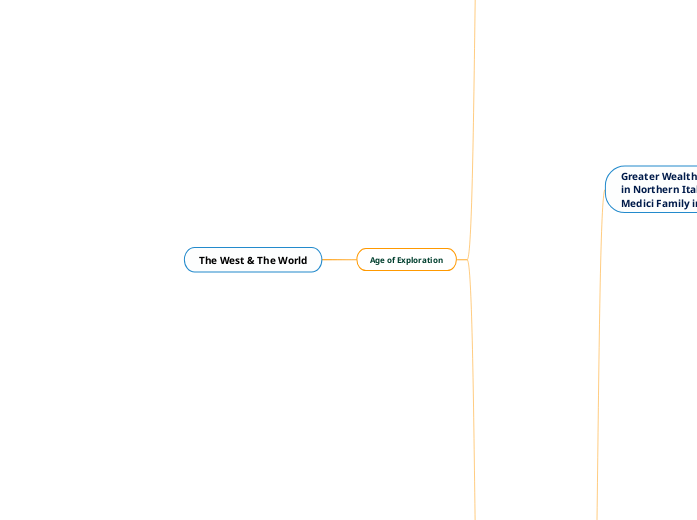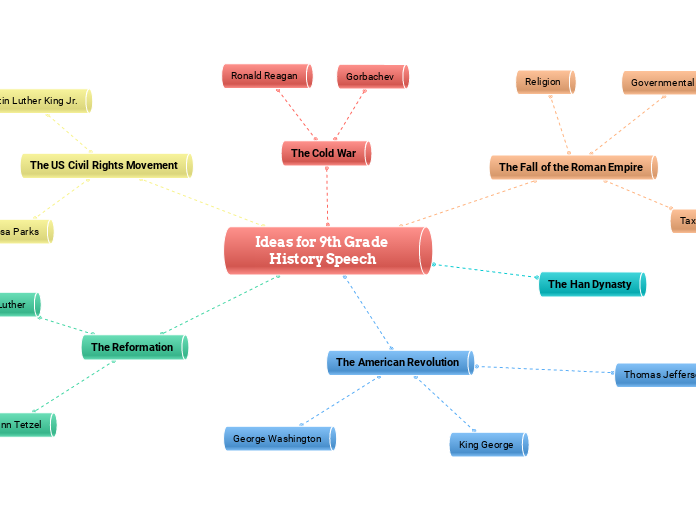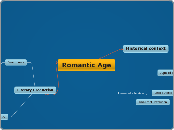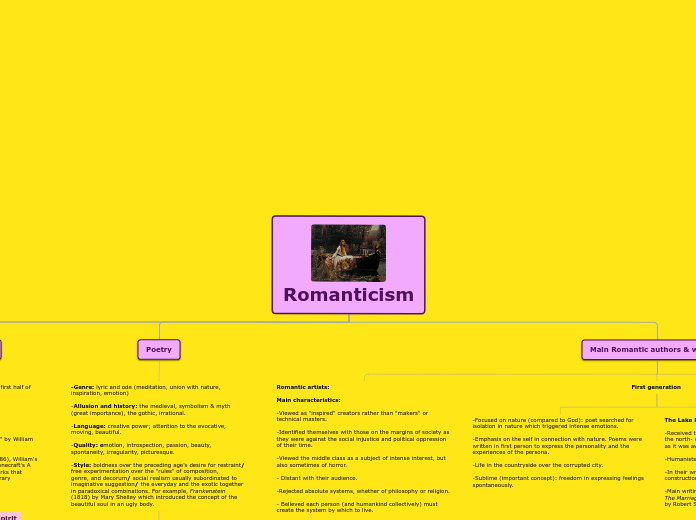The West & The World
Age of Exploration
Consequences
Colonization
3rd Other Europeans
Follow examples set by England & France
2nd England & France
Mercantilism
Rise of Protectionism since Colonies can only Trade with European Colonial Power who possessed them
Competition for Colonies
Greater Wealth for Middle Class leads to Consumer Revolution in the 18th Century justified by Mandeville as an economist
1st Industrial Revolution in England to meet new demand created by rising Middle Class who want to compete for material wealth with Established Aristocracy
Greater Colonial Expansion in the 19th Century to include Australia, New Zealand and most of Asia and Africa with the use of modern technology
Imperialism would become a major cause of WWI in 1914
World War I would prove to be very costly in both political and economic terms for Europe
Britain and France owed US for money and materials to fight WWI
Germany would experience a rise in political extremism in the 1920s and 1930s due to impact of WWI on domestic economy
Great Depression in World would lead to Hitler coming to power in Germany who blamed foreigners and Jews for hardships
Hitler's aggressive foreign policy would lead to the start of WWII in Europe in 1939
WWII would end with liberation of Death Camps that led to the death of 11 million people run by Nazi Germany
Independence movements would start to arise in European Empires/Colonies leading to a decline in Western European influence in World
League of Nations led by Britain and France proved to be too weak to maintain World Peace in the 1930s
Germany would annex Austria and invade Czechoslovakia in 1938
United Nations would replace League of Nations to help maintain world peace in 1945
Decolonization would occur gradually after WWII either peacefully or through violent conflict until 1980s
Japan would invade Manchuria in 1931 and would start the 2nd Sino-Japanese War in 1937
2nd Industrial Revolution in England, US, Canada and other European nations in late 19th Century
Japan would modernize its economy and military in light of threat from Western Powers
Japan would defeat China in 1st Sino-Japanese War in 1895
Japan would become the 1st non-Western power to defeat a major European Power in Russo-Japanese War of 1905
China would resist modernization and maintain its traditions
1911 Revolution would put an end to Qing Dynasty in China
Chinese Communist Party founded in 1921
Chinese Civil War
Communist forces would defeat Nationalist in 1949 to create Peoples Republic of China
Canada becomes officially independent in 1867 after American Civil War
Canada would expand westward killing or displacing indigenous peoples while only welcoming immigrants of European origin
Chinese would be used as cheap labour to build Trans-Canada Railway until 1885
Head Tax would be imposed on Chinese who wanted to stay in Canada after 1885
Chinese Exclusion Act of 1923 would ban Chinese Immigration to Canada until 1947
US expands westward in North America killing or displacing indigenous peoples including a War against Mexico in 1848
Fall of New France (Quebec) to England in 1763
Royal Proclamation of 1763
Treaties established with First Nations as sovereign allies in British North America (Canada)
Natural Resources
Minerals, Food and Beverages
Extension of Slave Trade
Required for plantations in Southern US
1st Spain & Portugal
Beginning of Slave Trade
Required for plantations in Latin America
Conversion to Christianity
Leads to European ethnocentrism in 19th and 20th Centuries
Spread of Diseases
Kills large numbers of indigenous peoples in the Americas, Australia and New Zealand
Greater Wealth for Merchant Class in Northern Italian Cities (i.e. Medici Family in Florence)
Italian Renaissance in 16th Century (i.e. Da Vinci, Michelangelo, Machiavelli, etc.)
Scientific Revolution in 17th Century Europe also Challenges Church Authority (i.e. Galileo, Bacon, Kepler, Newton, etc.)
Scientific Discoveries lead to new Inventions
1st Industrial Revolution in 18th England as Steam Power leads to improvements for the manufacturing and widespread availability of more goods for rising Middle Class
2nd Industrial Revolution in the 19th Europe and North America as electrical and mechanical power allows for the creation of factories and mass production
Mass Consumerism would lead to a demand for more products and greater technological innovation
Age of Enlightenment in 18th Century Europe
Enlightenment Ideals in 18th Century would not extend to those living in the colonies, especially if they were non-European.
Enlightenment Ideals would be used to justify Abolition of Slavery in the 19th Century, including Britain by 1833 and the US after the American Civil War ending in 1865
Plessey vs Ferguson would justify segregation in US in 1896
Haitian Revolution in early 19th Century ends Slavery in Haiti
French Revolution in late 18th Century as Middle Class in France puts an end to Absolute Monarchy and Old Social Order
French Revolution of 1830
Revolutions of 1848
Caused by conditions arising in the 19th Century due to technological change, free trade and urbanization
Paris Commune of 1871 would become a model for Communist Revolutions in the 20th Century
Russian Revolution would lead to the end of Czarist rule in Russia and the creation of the USSR in 1917
The USSR would become an important ally leading to the defeat of Nazi Germany and Imperial Japan in 1945
USSR would become a Global Super Power after WWII and a rival to US influence in the World until 1991
1st Red Scare in US in 1919
Based on Secular Ideas such as democracy, liberalism, socialism, radicalism and nationalism
Nationalism would lead to the unification of Germany and Italy in the 1870s
Nationalism would become a major cause of WWI in 1914
Germany would start to rival Britain as a Global Power around 1900 eventually leading to WWI in 1914
US would become largest creditor nation and major world power on par with Britain and France after WWI
US would become leader of Western World and most powerful nation in 1945
Militarism would become a major cause of WWI in 1914
Reign of Terror
Thermidor Reaction
Rise of Napoleon
Napoleonic Wars
American Revolution in late 18th Century as US gains self rule after War of Independence
Creation of US Constitution & Bill of Rights
'All men are created equal'
War of 1812
Indigenous Peoples fight with British as sovereign allies against US
Thinkers include Locke, Voltaire, Montesquieu, Rousseau and Smith
New Inventions like Printing Press enable knowledge to become more widespread
Protestant Reformation in 16th Century Europe challenges Catholic Authority (i.e. Luther & Calvin)
Religious Wars in the 16th and 17th Centuries (i.e. 100 years War and 30 Years War)
Rise of Absolutism in France
Constitutional Reform in England
Enlightened Depotism in 18th Century
New inventions change warfare
Causes
European search for New Trade Routes due to Ottoman Empire that would last until 1919
Inadvertent 'Discovery of the Americas' (i.e Columbus)
Doctrine of Discovery begins
Americas are viewed by Europeans as being Terra Nullius - Nobody's Land
Trade with India & China for Gold and Spices









